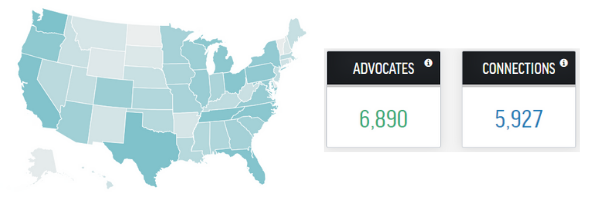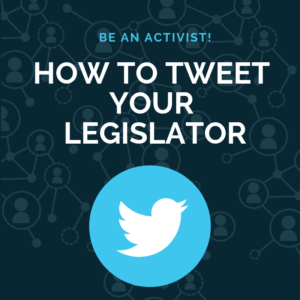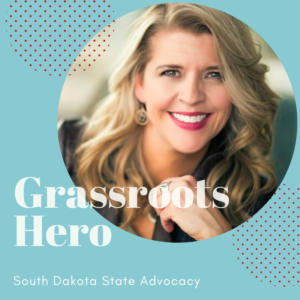We are celebrating! Legislative sessions are wrapping up in states around the country and we have great news. Many of the bills you advocated for have passed:
- Utah HB 20 comprehensively strengthens the state’s response to child sex trafficking.
- Utah HB 108 strengthens the state’s existing non-criminalization laws to ensure that youth engaged in commercial sex cannot be arrested for prostitution but, instead are provided a protective, non-punitive response.
- New Mexico HB 56 ensures minors engaged in commercial sex are treated as victims of sex trafficking, not offenders of prostitution.
- Mississippi HB 571 comprehensively strengthens Mississippi’s existing child sex trafficking laws to ensure that all minors under 18 are immune from prosecution for prostitution charges, that child welfare is required to respond to and provide holistic care to child sex trafficking victims, and law enforcement, child protective services, 911 operators, and foster care parents to receive training on child sex trafficking.
- Washington SB 5885 will create critical courtroom protections for child survivors by by permitting the child’s out-of-court statements as evidence in prosecutions of their perpetrators.
- Georgia SB 158 prohibits minors from being criminalized for prostitution offenses and directs commercially sexually exploited youth to specialized services.
- Montana HB 549 strengthens existing protections for youth survivors of sex trafficking by creating access to specialized services for survivors, including protective shelter, food, clothing, medical care, counseling, and crisis intervention services.

We are so encouraged by your engagement in helping us to advocate for these laws!
But not all state sessions are over, and there’s still work to be done! Visit our Advocacy Action Center to see how you can be involved. Together we are making a difference, helping to ensure that when a victim of child sex trafficking is identified our systems respond with compassion and justice.
Want to support our advocacy work?
Right now, your giving impact would be doubled with our $100,000 Matching Challenge for the Shared Hope institute for Justice and Advocacy. Our new location, just two blocks from the White House, will enable us to work closely with U.S. government agencies on the front lines. From the Institute:
- We will dramatically expand our work,
- We will increase our influence in the halls of power, and
- Fight more effectively than ever against the scourge of child sex trafficking.
Your critical support will help Shared Hope take a huge step for our justice and advocacy work and our fight against child sex trafficking.

 On November 16 we released the 2018 Protected Innocence Challenge State Grades. This year, with our new tools, you can be a grassroots hero by sharing your state grade with your legislator! Click the Take Action button to visit our new
On November 16 we released the 2018 Protected Innocence Challenge State Grades. This year, with our new tools, you can be a grassroots hero by sharing your state grade with your legislator! Click the Take Action button to visit our new 
 In 2017, South Dakota passed a groundbreaking law to ensure survivors of sex trafficking, ages 16 and under, are protected from criminalization. This effort began two years ago when Becky Rassmussen, Executive Director of Call to Freedom, an awareness-raising and survivor-serving organization, recognized the important perspective she could bring to the legislative process. Seeking to address South Dakota’s D grade, Becky reached out to Shared Hope for technical assistance, and together with local partners, three critical pieces of legislation were passed strengthening the state’s response to child sex trafficking.
In 2017, South Dakota passed a groundbreaking law to ensure survivors of sex trafficking, ages 16 and under, are protected from criminalization. This effort began two years ago when Becky Rassmussen, Executive Director of Call to Freedom, an awareness-raising and survivor-serving organization, recognized the important perspective she could bring to the legislative process. Seeking to address South Dakota’s D grade, Becky reached out to Shared Hope for technical assistance, and together with local partners, three critical pieces of legislation were passed strengthening the state’s response to child sex trafficking.





